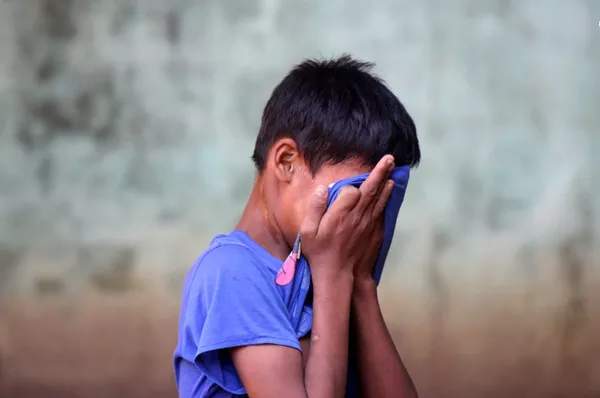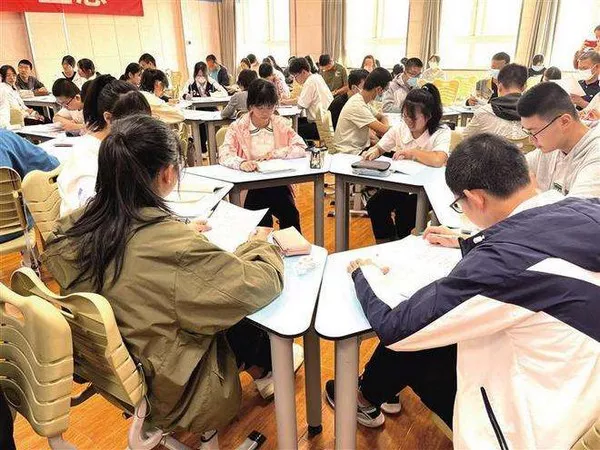Rutgers University’s Graduate School of Education (GSE) has recently been awarded a significant $3.3 million grant aimed at enhancing mental health services within New Jersey’s high-need school districts. This funding, provided by the U.S. Department of Education under the Mental Health Service Professional Demonstration grant, is part of a broader federal initiative designed to improve student access to school-based mental health resources across the nation.
Addressing the Counselor Shortage
According to the American School Counselor Association, New Jersey faces a critical shortage of school counselors, with a student-to-school-counselor ratio of 308 to 1. This figure far exceeds the recommended ratio of 250 to 1, creating barriers to mental health services and essential support for students. The new funding aims to address this gap by increasing the number and diversity of highly trained school counselors within the state.
Project Overview
The initiative, known as the School Counseling Prevention to Intervention project, will operate over a five-year funding period. The grant will fully cover tuition costs for 30 new school counselors who will enroll in the GSE’s school counseling master’s program. Once trained, these counselors will be placed in several participating K-12 school districts, including New Brunswick, Rahway, Franklin Township, and Neptune.
A key focus of the project is to recruit typically underrepresented trainees from these school district partners, as well as from Rutgers and minority-serving institutions, ensuring a diverse pool of counselors who can effectively serve the needs of a varied student population.
Curriculum Development
In addition to increasing the number of counselors, the project will work on developing and implementing a curriculum for school counseling courses. This curriculum will prioritize culturally responsive and evidence-based mental health practices, equipping future counselors with the skills necessary to address the unique challenges faced by students from diverse backgrounds.
Dr. Levy, one of the project’s leaders, emphasized the importance of training school counselors to work effectively with a culturally, racially, ethnically, and linguistically diverse student body. “These efforts not only amplify the importance of the school counselor as a mental health professional, but the necessity to train school counselors in methods for working with diverse students,” Levy noted.
Key Areas of Focus
The project will incorporate content areas critical to effective counseling, including:
Social and Emotional Learning: Building foundational skills for emotional intelligence and interpersonal relationships.
Racial Justice and Healing: Addressing the specific needs of culturally and linguistically diverse students.
Advocating Students-within-Environment Theory and Practice: Focusing on holistic approaches to student advocacy.
Youth Participatory Action Research: Engaging students in research to address their needs within the school environment.
Creative Expressive Arts in Counseling: Utilizing art as a therapeutic tool in counseling practices.
Trauma-Informed School Counseling: Training counselors to recognize and respond to the effects of trauma in students’ lives.
A Proactive Approach to Mental Health
Kathy Shoemaker, an assistant professor of professional practice at the GSE, is co-principal investigator for the project and plays a vital role in its implementation. Dean Christopher Span expressed optimism about the project’s potential impact, stating, “This grant will enable Dr. Levy and Dr. Shoemaker to ensure that school counselors don’t just look to remedy a problem after it exposes itself. Instead, they will be able to mitigate challenges that young people could experience before they ever arise, creating the best possible outcome.”
By fostering a proactive approach to mental health, the School Counseling Prevention to Intervention project aims not only to enhance the availability of counselors but also to equip them with the tools and knowledge necessary to effectively support students in navigating their mental health challenges.
Conclusion
The $3.3 million grant to Rutgers University represents a crucial step towards addressing the mental health needs of students in New Jersey, particularly in high-need school districts. By increasing the number and diversity of school counselors and implementing a comprehensive, culturally responsive curriculum, this initiative has the potential to set a national model for effective school-based mental health support. As the first cohort of counselors is expected to begin their training in 2025, the project signals a commitment to enhancing the mental health landscape for students across the state.
Related topics:



























